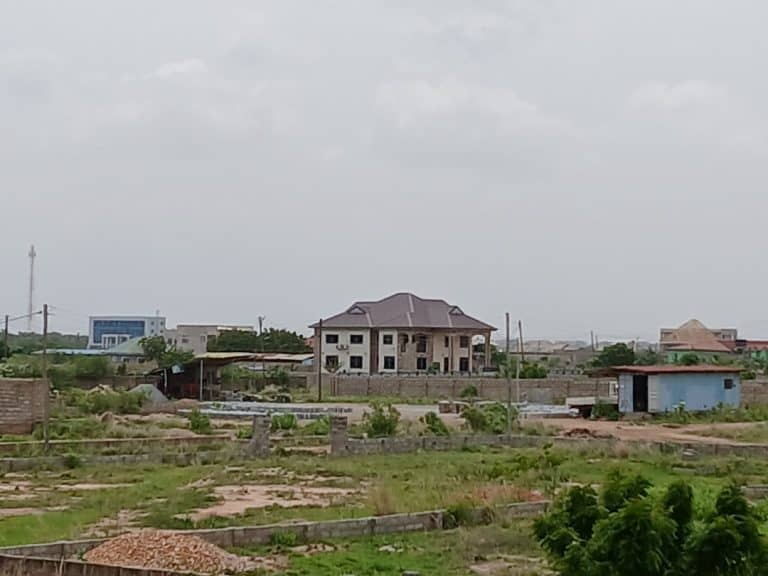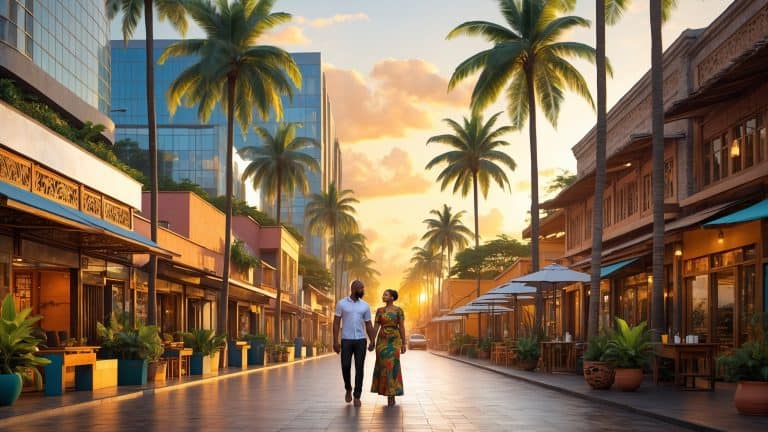This is a premium article written by one of our experts.
Check out

Moving to Ghana with a Baby: Essential Tips for Parenting and Toddler Care
This is a premium article written by one of our experts. Upgrade to Navigator or Pathfinder read the full article

Buy Land in Ghana: The Ultimate Guide for Local and Foreign Buyers
Looking to buy land in Ghana? With its stable political climate, robust economic growth, and diverse real estate opportunities, Ghana has become an attractive destination for land investment. Whether you’re part of the African diaspora seeking to establish roots, a local looking to build your dream home, or an investor eyeing West Africa’s burgeoning real estate market, this comprehensive guide will walk you through everything you need to know about land for sale in Ghana.

Relocation Strategies: Explore Ghana Like a Future Resident, Not a Tourist
This is a premium article written by one of our experts. Upgrade to Navigator or Pathfinder read the full article

Tenant Complaint Guide: What to Do If a Ghana Landlord Ignores Repairs
This is a premium article written by one of our experts. Upgrade to Navigator or Pathfinder read the full article

Rental Scams in Ghana: 5 Common Tactics and How to Protect Yourself
This is a premium article written by one of our experts. Upgrade to Navigator or Pathfinder read the full article

Living in Ghana as an Expat: Top Cities Beyond Accra
This is a premium article written by one of our experts. Upgrade to Navigator or Pathfinder read the full article